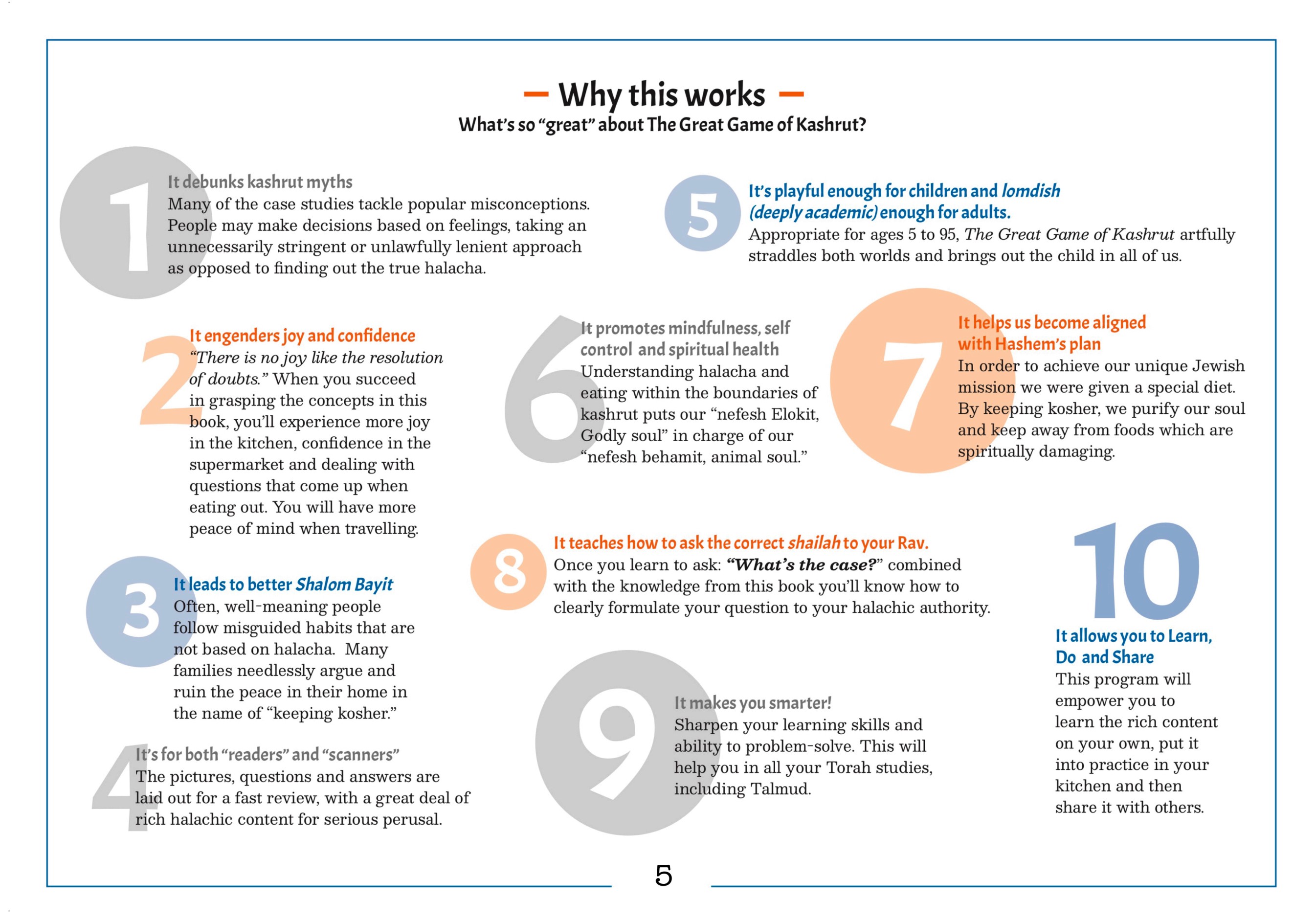Were Rashoim (wicked people) redeemed from Egypt? If yes, how irredeemable were the Jews that died in the Plague of Darkness? What did they do that made them worse than a Rasha?
“It is because of this that God did for me, when I left Egypt” (Shmos 13:8).
This pasuk is the answer we give to the Rasha during the Pesach Seder. The Baal Haggadah adds that if the Rasha was in Egypt at the time he would not have been redeemed. But that may not have been correct! Rashoim were redeemed from Egypt. For example, Datan and Aviram were redeemed. See Rabbi Chanoch of Bialystok, Eitz Yosef on Exodus Rabba 5:20, who says that although Dathan and Abiram were included among the elders, they were wicked while the others were righteous.
It is surprising that the Baal Haggadah uses the same psauk, Shmos 13:8, when addressing the Clueless son. If the Clueless son is overly shy or easily embarrassed, giving him the same pasuk as we do the Wicked son is counterproductive because it is established as a harsh answer. Furthermore, we blunt the teeth of the Rasha for speaking with such insolence. So, responding to the Clueless son with the same Pasuk that we say to the Rasha will scare him and close him up even more! He'll probably duck under the table!
However, according to the Kol Bo the Clueless son is not Clueless by nature, rather he is choosing to be that way by distancing himself from what is going on around him. He chooses to live a life of darkness! If he were in Mitzrayim, he would have witnessed the miracles but would never have taken them to heart. “All this is strange and different,” he might have thought, “but when do I get to eat the grilled lamb?” Such a person detaches himself from reality, he would not have been redeemed. How do we deal with such a person, the son who asks nothing? We say to him, “It is because of this that God did this for me when I left Egypt.”
In this sense those Jews who died in darkness were on a lower level than Datan and Aviram. There are so many unusual things happening during our redemption that only a person who makes himself oblivious and does not even feign a question. Why wouldn’t the average person ask, “What does this mean?” Even a child of three years old will ask something!
Today, the challenge to m’karev the Clueless son is greater than the Wicked son. Even though we “break the Wicked son’s teeth”, we at least have a relationship with him. We acknowledge his presence by talking tough when he challenges our avoda. Perhaps through interaction he will change. However, in the case of the Clueless son, all we can do is keep the door open in the hope that he will eventually search for God. When the time comes that he does finally ask a question, we must be ready to get involved.
Over the years people have asked me if I would ever draw cartoons depicting some of the cases found in Yora Daya. Well, the answer is yes! I recently published a sefer called The Great Game of Kashrut. Click on the link to find out more: The Great Game of Kashrut
Below is an example case from the book:

To order a copy of The Great Game of Kashrut follow this link: The Great Game of Kashrut
If you would like to dedicate a Davar Torah in honor of a special occasion or in memory of a beloved family member please contact Yisroel Simon at yisroel@judaism613.com.
Good Shabbos,R’ Channenjudaism613.org